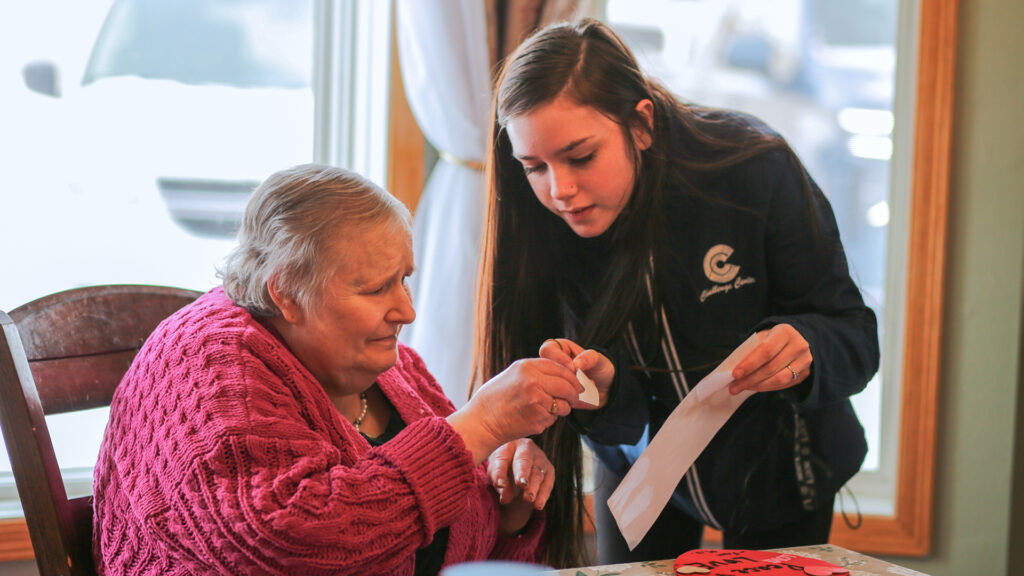The Supreme Court says Wisconsin cannot discriminate against a Catholic charity and force it to pay state unemployment taxes.
In a unanimous ruling, the high court sided with the Catholic Charities Bureau of the Diocese of Superior after the organization argued the state violated the First Amendment’s religious freedom guarantee when it required it to pay unemployment taxes while exempting other faith groups.
Under Wisconsin law, nonprofits that are operated primarily for religious purposes are generally exempt from the state’s unemployment compensation program.
However, state officials argued the organization didn’t qualify for an exemption because its day-to-day work doesn’t involve religious teachings.
As CBN News reported, the Catholic Charities Bureau is the social ministry arm within the Diocese of Superior that serves people in need in 16 counties in northern Wisconsin.
The organization argued that it is religiously motivated to care for the poor, the elderly, and the disabled and the state shouldn’t make determinations about what work qualifies as religious.
The Wisconsin Supreme Court ruled that Catholic Charities was not exempt in part because it serves everyone, not just Catholics. The court said, however, that Catholic Charities could qualify for an exemption if it limited its hiring to Catholics and tried to convert those it served to Catholicism—even though the Catholic Church teaches that care for the poor cannot be conditioned on acceptance of the Church’s teachings.
The group appealed to the Supreme Court after Wisconsin’s high court ruled against it.
Justice Sotomayor wrote that Wisconsin violated the Constitution by “impos(ing) a denominational preference by differentiating between religions based on theological choices.” Today’s decision further recognized that “whether to express and inculcate religious doctrine through worship, proselytization, or religious education when performing charitable work are, again, fundamentally theological choices driven by the content of different religious doctrines.”
The ruling could shape how religious organizations operate.
“Wisconsin shouldn’t have picked this fight in the first place,” said Eric Rassbach, vice president and senior counsel at Becket. “It was always absurd to claim that Catholic Charities wasn’t religious because it helps everyone, no matter their religion. Today, the Court resoundingly reaffirmed a fundamental truth of our constitutional order: the First Amendment protects all religious beliefs, not just those the government favors.”
Bishop James Powers, with the Diocese of Superior, applauded the ruling saying, “At the heart of Catholic Charities’ ministry is Christ’s call to care for the least of our brothers and sisters, without condition and without exception.”
“”We’re grateful the Court unanimously recognized that improving the human condition by serving the poor is part of our religious exercise and has allowed us to continue serving those in need throughout our diocese and beyond,” he added.
